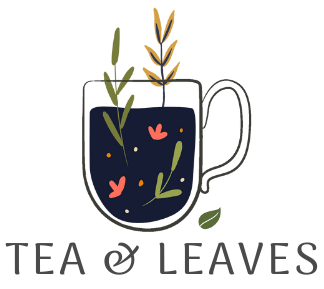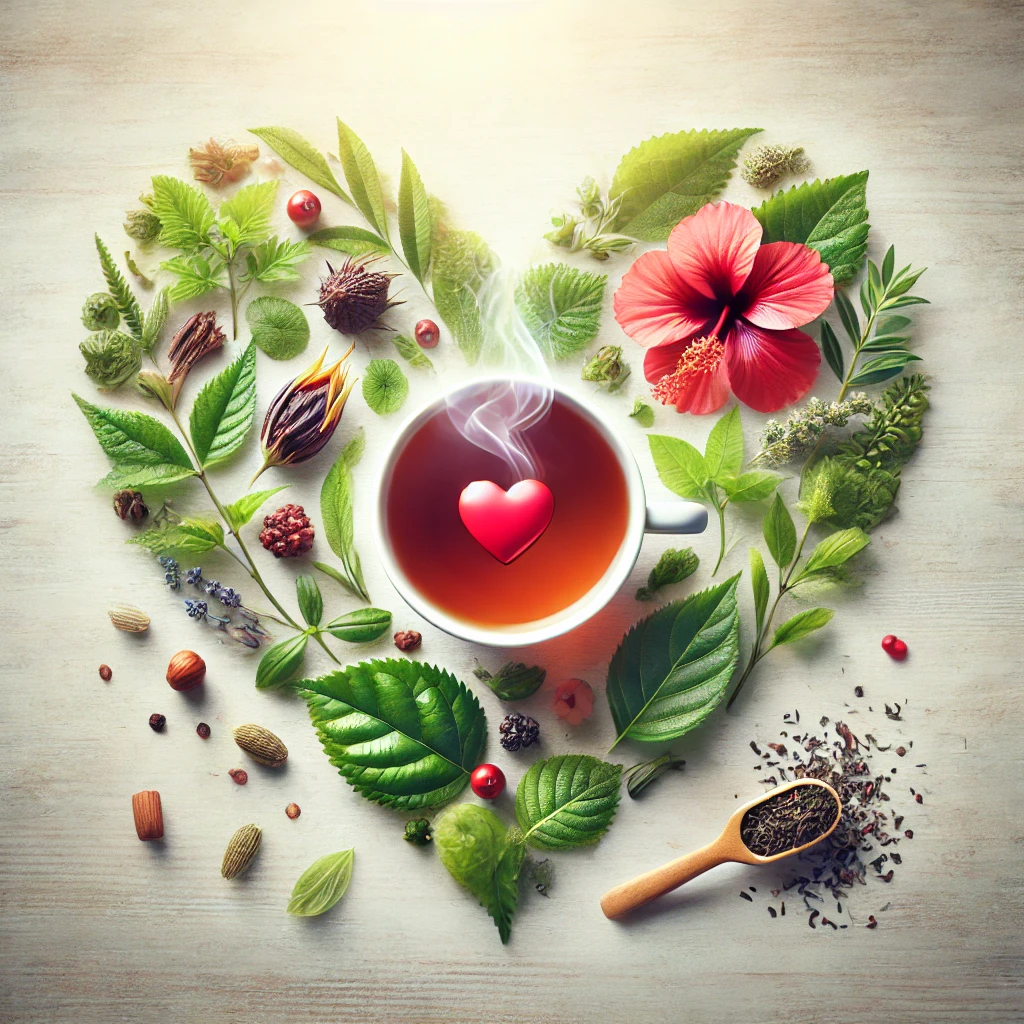Love is often said to come from the heart, but when it comes to your health, the heart is more than just a symbol of affection. It is the lifeline of your body, tirelessly pumping blood to deliver oxygen and nutrients essential for survival. While exercise and a balanced diet are critical for heart health, nature offers additional support in the form of herbal infusions.
Let’s explore the science behind some of the best herbs for cardiovascular wellness and how they can be lovingly infused into your daily routine.
The Connection Between Herbs and Heart Health
Herbs have been used for centuries in traditional medicine to support the heart and circulatory system. Modern science is beginning to catch up, providing evidence for the efficacy of certain botanicals in maintaining and improving cardiovascular health. Many herbs are rich in antioxidants, anti-inflammatory compounds, and natural vasodilators that can help manage blood pressure, reduce cholesterol, and improve overall circulation.

Top Teas for Heart Health
Hawthorn (Crataegus spp.) Known as the "heart herb," hawthorn is one of the most extensively studied plants for cardiovascular support. It contains flavonoids and oligomeric proanthocyanidins (OPCs), which improve blood flow, strengthen blood vessels, and reduce oxidative stress. Drinking hawthorn tea daily could help regulate blood pressure and support heart muscle function.
Hibiscus (Hibiscus sabdariffa) Hibiscus tea is as vibrant in its benefits as it is in colour. Studies show that hibiscus can lower blood pressure, particularly in individuals with mild hypertension. Its high antioxidant content, especially anthocyanins, could help protect the heart from free radical damage and inflammation.
Green Tea (Camellia sinensis) Rich in catechins, green tea could help to improve lipid profiles and reduce arterial plaque formation. Regular consumption has been linked to lower rates of heart disease, thanks to its potential ability to enhance blood vessel function and reduce inflammation.
Motherwort (Leonurus cardiaca) True to its name, motherwort is an herb that "mothers" the heart. It has a calming effect, reducing palpitations and mild anxiety. This potentially makes it particularly beneficial for stress-induced cardiovascular issues.
Cinnamon (Cinnamomum spp.) Beyond its delicious flavour, cinnamon could help regulate blood sugar levels, which is crucial for individuals at risk of diabetes-related heart disease. Its active compounds improve circulation and reduce inflammation.
Turmeric (Curcuma longa) The golden spice contains curcumin, a potent anti-inflammatory agent. Turmeric tea can enhance endothelial function (lining of blood vessels) and prevent arterial stiffness, both of which are critical for heart health.
How to Incorporate Tea & Herbal Infusions Into Your Routine
Creating a ritual around herbal infusions not only benefits your heart but also promotes relaxation and mindfulness. Here are some tips to get started:
- Blend and Brew: Add your favourite heart-health loose leaf to your pot, watching it swirl and unfold like a dance. Add a splash of honey or lemon for extra taste.
- Timing Matters: Drink herbal teas throughout the day, but try to avoid caffeine options like green tea close to bedtime.
- Experiment with Recipes: Use herbal infusions as a base for smoothies, mocktails, or even soups to diversify your intake.
- Stay Consistent: Consistency is key. Aim to enjoy teas and herbal infusions 3-4 times a week for sustained benefits.

A Word of Caution
While herbal infusions can significantly support heart health, they are not a replacement for medical treatments or professional advice. Always consult your healthcare provider before starting any new herbal regimen, especially if you are on medication or have pre-existing conditions.
In Conclusion
The heart is more than an organ, it is a symbol of vitality and love. By incorporating heart-healthy tea and herbal infusions into your lifestyle, you can nurture both your physical and emotional well-being.
The science of love may remain a mystery, but the science of herbs offers a clear path to a healthier, happier heart. Cheers to your health, one cup at a time!

